Digital Humanity?: Artificial Intelligence, Spirituality, and the Art of Human Connection
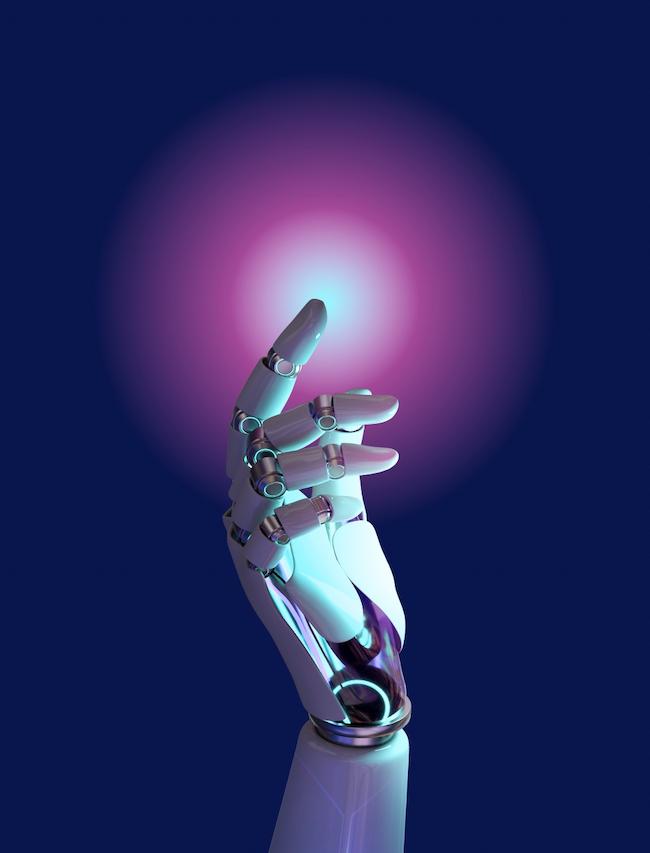
4th Annual Graduate Student Conference - Hybrid
Date: Saturday, March 23, 2024
Time: 8:30am - 3pm
Location: Simboli Hall 100
Questions about what it means to forge, foster, and maintain authentic relationships are becoming increasingly fraught in our age of rapid technological development. While advances in artificial intelligence are destabilizing classical conceptions of technology, humanity, spirituality, and relationality, people of virtually every historical era and tradition have engaged with these broad categories. In the age of AI, ChatGPT, Instagram, TikTok, Tinder, Google, and many others, this conference invites participants to draw on intellectual resources from various fields to engage in questions around what it means to relate to one another, oneself, and the broader world, and to envision what the call to relationship requires amidst advances in artificial intelligence and other technological innovations.
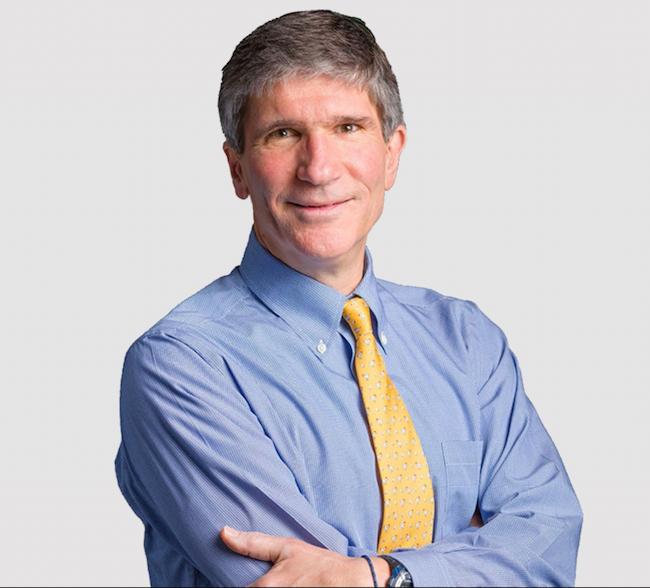
Charlie Buttrey graduated from Princeton University in 1981 and Vermont Law School in 1986, and is a candidate to receive a Master's Degree in Theological Studies from the Boston University School of Theology in May. Charlie is admitted to practice law in Vermont and New Hampshire, and has tried over 65 criminal cases to jury verdict. The vast majority of his practice has been devoted to representing indigent criminal defendants.
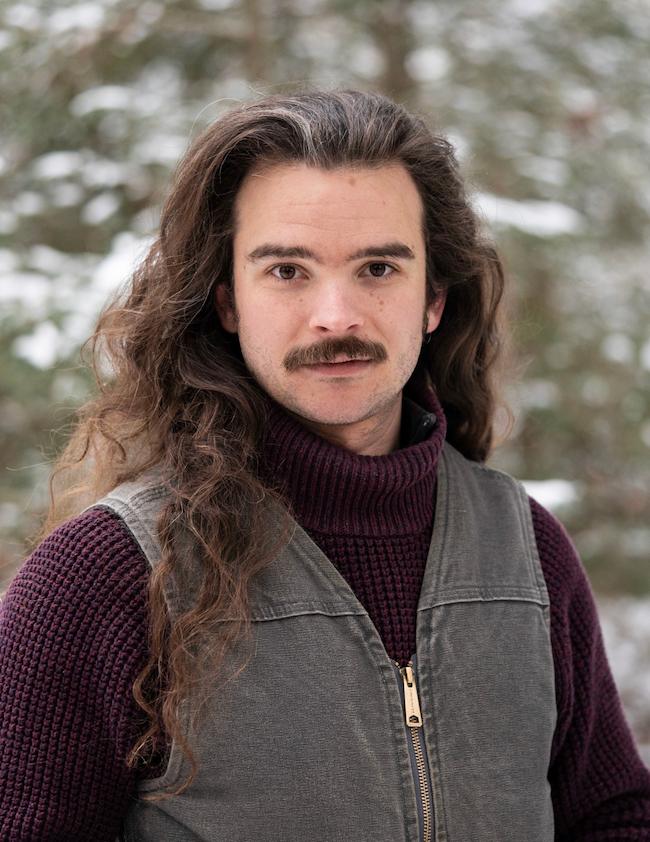
Sam Cole-Osborn is a theologian and philosopher studying at Boston University School of Theology. He is also a lifelong technologist, and has worked as a software developer and STEM educator. His work focuses on theologies of matter and information technologies that elevate rather than restrain human life and dignity.
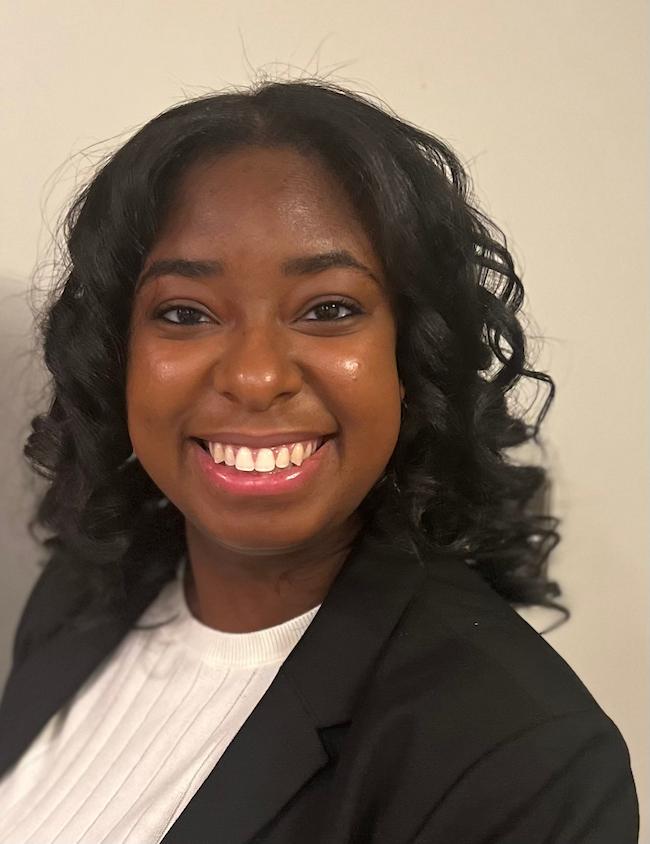
Morgan Conliffe is a current master's student at Yale University studying philosophy of religion. Her studies center around the question of what it means to be human, with a special emphasis on how humans ought to relate to one another. She is passionate about cultivating healthy communities. To this end, she has served on multiple committees including those on racial reconciliation, fostering conversation skills, and student government. This is her first time presenting at an academic conference.
Theresa Gardner is in her final semester of the Master's program in Theology and Religious Studies at Villanova University. Before entering her graduate studies in 2022, she graduated from The Catholic University of America, with a double major in music and theology. During her time in DC, she served as a Congressional Intern for the U.S. House of Representatives. While at Villanova, she worked as the Development and Communications intern at Religions for Peace International which partners with the United Nations. During her graduate studies, she has worked as the graduate assistant for Dr. Massimo Faggioli and Dr. Jerry Beyer. Her academic focus areas are feminist theology, liberation theology, Christology, interreligious dialogue, hermeneutics, and postcolonial/decolonial theories.
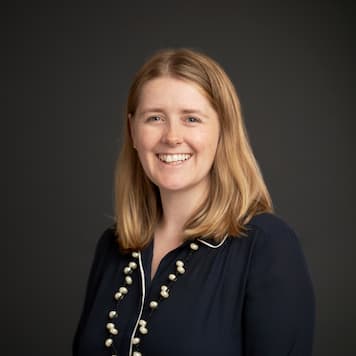
Berit Reisenauer Guidotti is a doctoral student in Theological Ethics at Boston College. Berit’s doctoral research explores the ethical implications of emerging technologies–especially Artificial Intelligence, blockchain and biometric technologies, and quantum computing – in light of Catholic social teaching, theologies of liberation, feminist theology and epistemology, and theological anthropology.
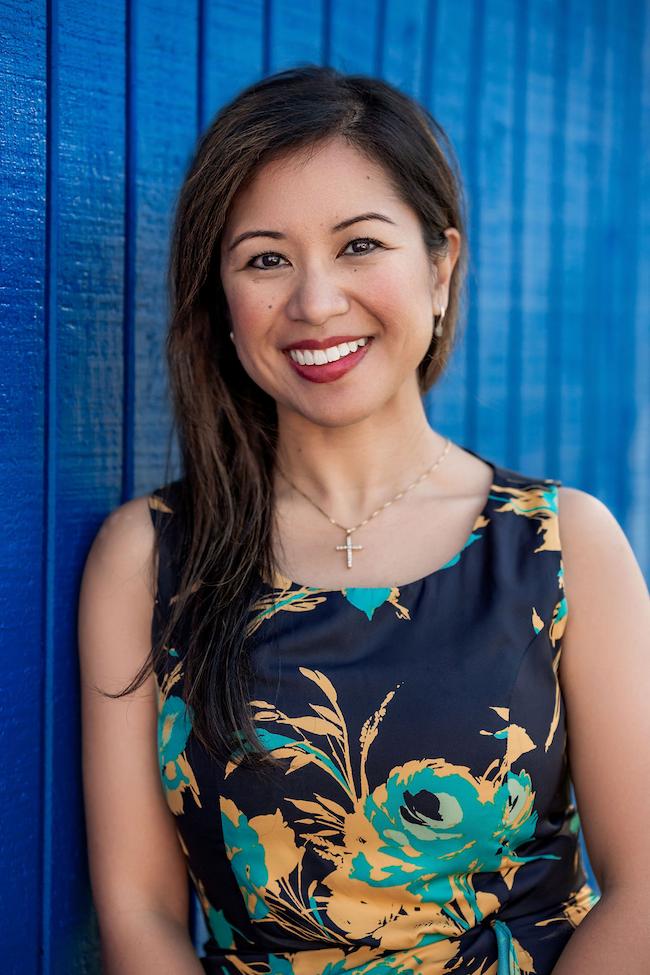
Guided by her faith and strong commitment to public service, Eryn Reyes Leong is an attorney and first-generation graduate student, pursuing a master's in theology at Loyola Marymount University (LMU). She double majored in Political Science and Religious Studies, with a minor in Anthropology, at Santa Clara University and obtained her law degree, with a certificate in Environmental Law, from the University of Hawaiʻi at Mānoa William S. Richardson School of Law. As a military spouse attorney and mother scholar, Leong has lived across the United States with her family, using her skills to serve various communities, from military service members in Ohio and domestic violence survivors in Alabama to students in California and tenants in Maui. She has worked as a prosecutor and mediator and currently handles Title IX and civil rights matters. Now, at LMU, she is discovering how her legal studies and faith are being brought into fullness through the intersection of law and theology.
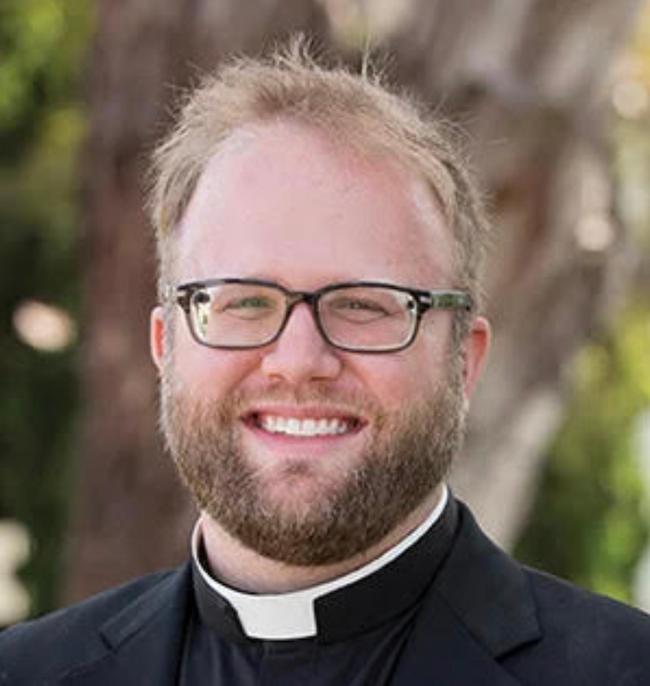
Shane Liesegang, S.J., was a video game developer (Skyrim, Fallout 4, God of War, others) for about ten years before he entered the Jesuits. His vision of God and creation is informed by that prior experience creating virtual worlds and people, for better or worse. He is currently studying theology at the Boston College School of Theology and Ministry in preparation for ordination to the priesthood.
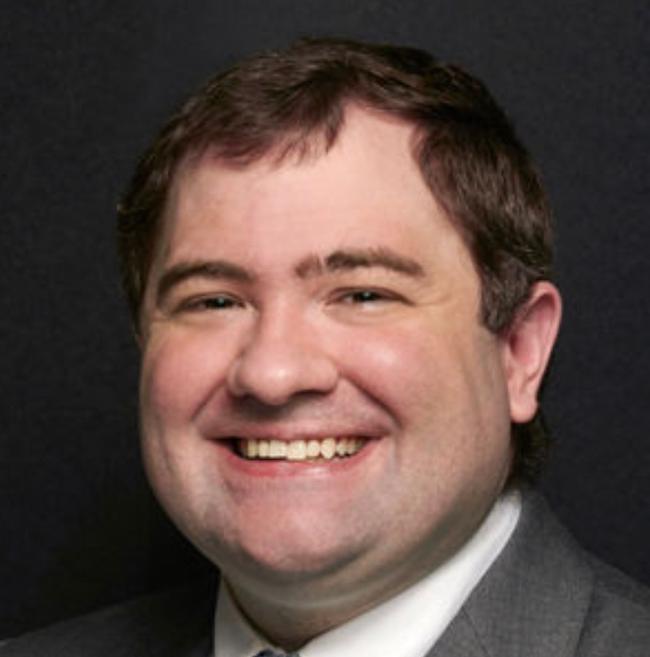
Scott Molony is a doctoral student in theological ethics at Boston College. He began his academic journey at Oak Ridge National Laboratory (ORNL) in 2007, mentored by Dr. Nagiza Samatova. His work centered on supercomputer algorithm design, culminating in a co-authored journal article with Dr. Samatova’s team. He then matriculated at Boston College as a Presidential Scholar, dedicating his studies to cyberethics, exploring moral principles in relation to computers and the internet. Scott’s path then led him to Ateneo de Manila University in the Philippines, where he taught from 2013 to 2014 and returned during the 2021 COVID-19 pandemic. After a stint in the private sector, Scott resumed his academic pursuits at Boston College, obtaining an M.Div. from the School of Theology and Ministry in 2022. Currently, he is working towards a dual Ph.D./S.T.L. degree, focusing on cyberethics under the supervision of Dr. Andrea Vicini, S.J.
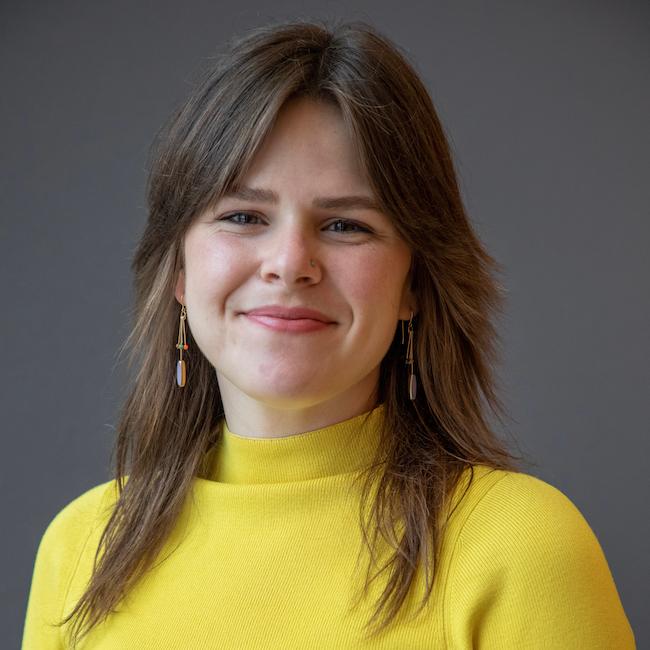
Lauren Tassone is a Master of Theological Studies student at Harvard Divinity School concentrating in religion, ethics, and politics. Her research focuses on the intersections of Catholicism, media, and gender. In particular, she is interested in social and popular media representations of Catholic women religious throughout late modern and contemporary history. Lauren looks forward to discussions about the impact of these images and technologies on Catholic women's religious orders, Catholic women, and the Catholic Church in general. She is grateful for the opportunity to contribute to The Boisi Center for Religion & American Public Life conference "Digital Humanity?" and looks forward to connecting with her fellow presenters and participants.
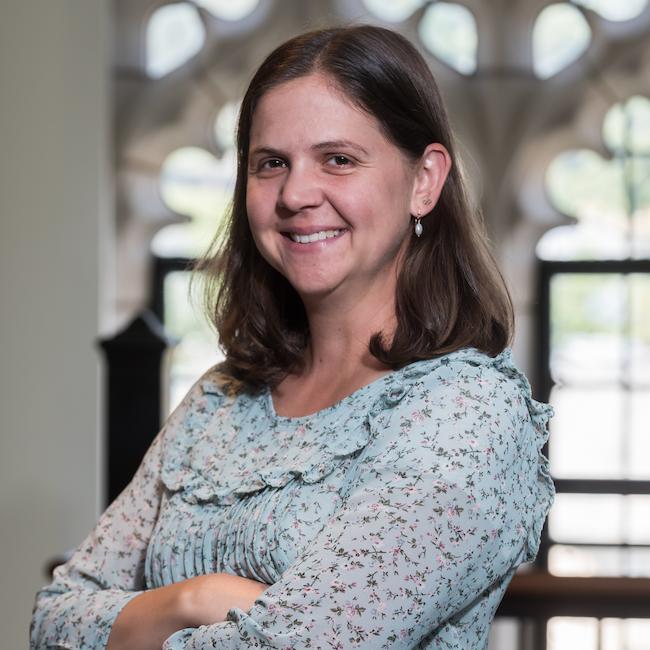
Kristin Peterson is an assistant professor in the Department of Communication, teaching courses related to the intersections of media and religion. Her book, Unruly Souls: The Digital Activism of Muslim and Christian Feminists (Rutgers University Press, 2022), examines how digital spaces facilitate intersectional feminist activism within Evangelical Christian and Muslim American communities.
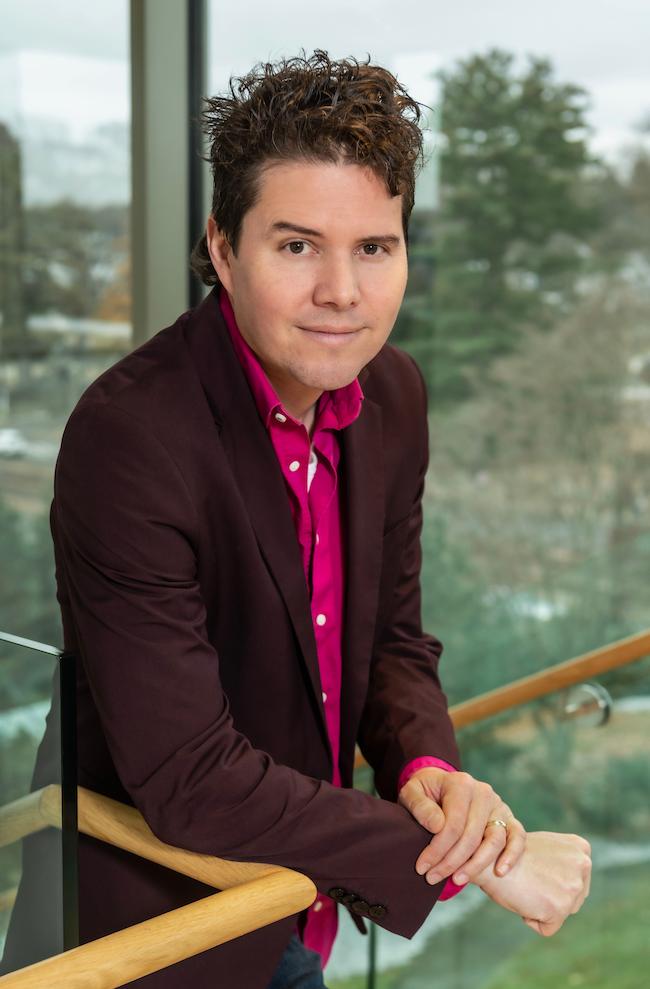
Michael Serazio is a professor of communication at Boston College who studies media production, advertising, popular culture, political communication, and new media. He has published in the Journal of Communication, the Journal of Consumer Culture, and Media, Culture & Society, among other scholarly venues, and authored The Authenticity Industries: Keeping it ‘Real’ in Media, Culture, and Politics (Stanford University Press, 2023), The Power of Sports: Media and Spectacle in American Culture (NYU Press, 2019), and Your Ad Here: The Cool Sell of Guerrilla Marketing (NYU Press, 2013). A former journalist, he has also written essays for The New York Times, The Washington Post, The Atlantic, and other publications.
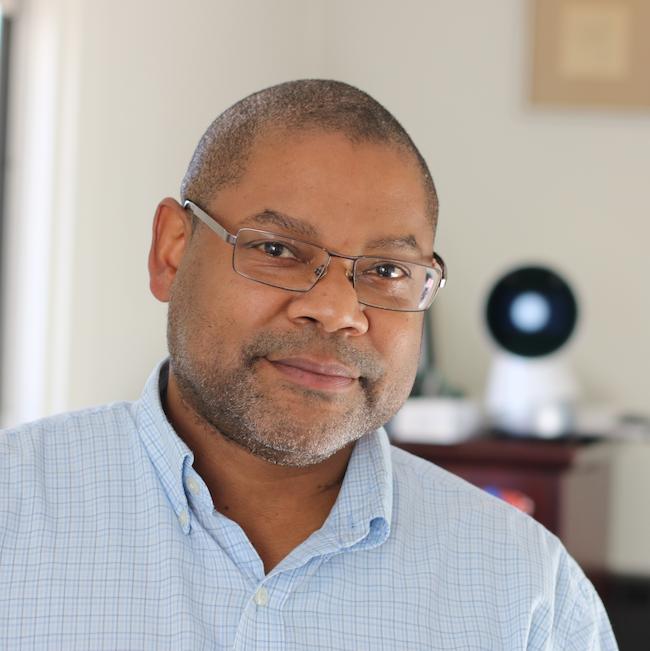
Brian K. Smith is the Honorable David S. Nelson Professor and Associate Dean for Research at Boston College's Lynch School of Education and Human Development. He also holds a courtesy appointment in the Department of Computer Science. His research interests include the design of computer-based learning environments, human-computer interaction, and computer science education.
Brittain, Christopher Craig. “Artificial Intelligence: Three Challenges to Theology.” Toronto Journal of Theology 36, no. 1 (2020): 84–86. https://doi.org/10.3138/TJT-2020-0033.
Burdett, Michael Stephen. “Proximate and Ultimate Concerns in Christian Ethical Responses to Artificial Intelligence.” Studies in Christian Ethics 36, no. 3 (2023): 620–41. https://doi.org/10.1177/09539468231180135.
Dorobantu, Marius. “Cognitive Vulnerability, Artificial Intelligence, and the Image of God in Humans.” Journal of Disability & Religion 25, no. 1 (2021): 27–40. https://doi.org/10.1080/23312521.2020.1867025.
Göcke, Benedikt Paul, and Pütten, Astrid M. von der, editor. Artificial Intelligence : Reflections in Philosophy, Theology, and the Social Sciences. Paderborn: Brill / Mentis, 2020.
Graves, Mark. “ChatGPT's Significance for Theology.” Theology and Science 21, no. 2 (2023):201–4. https://doi.org/10.1080/14746700.2023.2188366.
Graves, Mark. “Theological Foundations for Moral Artificial Intelligence.” Journal of Moral Theology 11, no. 1 (2022): 182–211. https://doi.org/10.55476/001c.34130.
Green, Brian Patrick, Matthew J. Gaudet, Levi Checketts, Brian Cutter, Noreen Herzfeld, Cory Labrecque, O.P. Anselm Ramelow, et al. “Artificial Intelligence and Moral Theology: A Conversation.” Journal of Moral Theology 11, no. 1 (2022): 13–40. https://doi.org/10.55476/001c.34122.
Hamman, Jaco J. Pastoral Virtues for Artificial Intelligence: Care and the Algorithms That Guide Our Lives. Lanham, MD: Lexington Books, 2022.
Heuvel, Steven C. van den. Being Human in a Technological Age : Rethinking Theological Anthropology. Bristol, CT: Peeters, 2020.
Mercer, Calvin R., and Tracy J. Trothen. Religion and the Technological Future: An Introduction to Biohacking, Artificial Intelligence, and Transhumanism. Cham, Switzerland: Palgrave Macmillan, an imprint of Springer Nature Switzerland AG, 2021.
Okey, Stephen. “The Image of God and the Technological Person: Artificial Intelligence in Theological Anthropology.” In T&T Clark Handbook of Theological Anthropology, 319–32. Edited by Mary Ann Hinsdale and Stephen Okey. Bloomsbury Publishing, 2021. https://doi.org/10.5040/9780567678355.ch-026.
Over the past few years, countless speculations have been made about the profound impacts that artificial intelligence will have on different fields. One thought-provoking opinion piece published by The New York Times, entitled “Can Silicon Valley Find God?,” addresses the relationship between AI and theology. Linda Kinstler, the author of the essay, recounted a study she participated in where individuals from different faith backgrounds interacted with various technologies to understand how and how well the devices would align with their faith traditions. The article is an engaging piece that offers rich insights into the various possibilities for the future of AI and its relationship with religion and spirituality.

Session One
From L to R: Emily Caffrey, Sam Cole-Osborn, Scott Molony, and Shane Liesegang on the screen via Zoom.
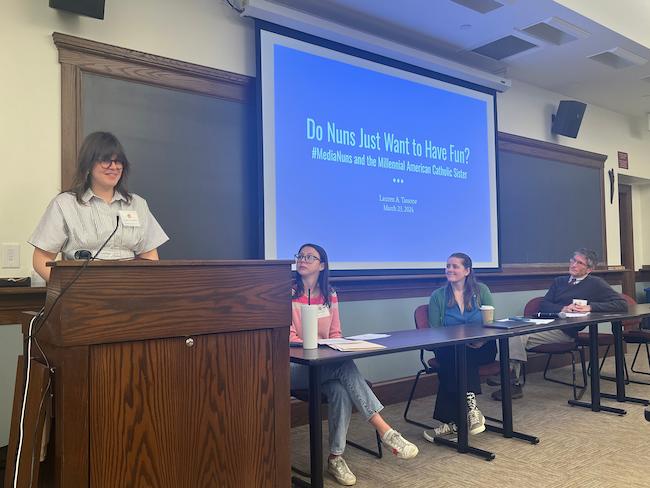
Session Two
From L to R: Lauren Tassone (standing at podium), (sitting) Emily Caffrey, Berit Reisenauer Guidotti, and Charlie Buttrey

Session Three
From L to R: Eryn Reyes Leong, Morgan Conliffe, and Theresa Gardner
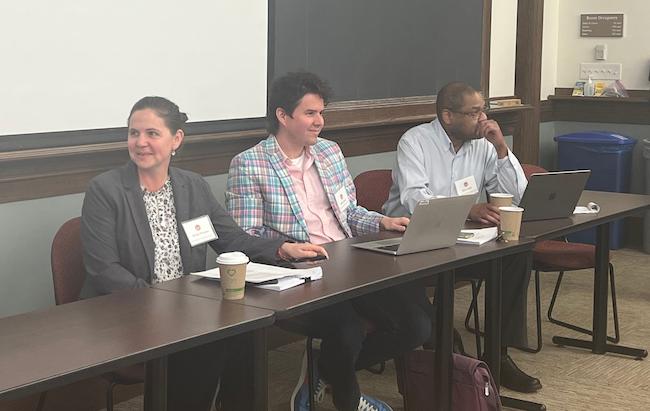
Faculty Panel
From L to R: Kristin Peterson, Michael Serazio, and Brian Smith
On Saturday March 23, 2024, the Boisi Center for Religion and American Public Life hosted a graduate conference under the leadership of our graduate research assistant, Maddie Jarrett. The conference, entitled “Digital Humanity?: Artificial Intelligence, Spirituality, and the Art of Human Connection,” explored themes related to AI and theology. The conference consisted of three graduate student sessions, which included presentations from students from Boston College, Boston University, Harvard University, Loyola Marymount University, Villanova University, and Yale University. The student sessions were followed by a faculty panel with Kristen Peterson and Michael Serazio, professors in BC’s Department of Communication, and Brian Smith, the Honorable David S. Nelson Professor and associate dean for research at the Lynch School of Education and Human Development. The conference culminated with the announcement of the best student paper, which was selected by a senior editor from America Magazine who attended the conference. The winning paper will be featured in an upcoming issue of America! It was an enriching day filled with insightful analyses about AI’s current and future effects on human relationships.
The first session was titled “Interrogating Machine Learning,” and it included papers from Sam Cole-Osborn of Boston University, Scott J. Molony of Boston College, and Shane Liesegang, S.J., of Boston College. Cole-Osborn articulated the challenges posed by AI that employs large language models and argued for a need for a tailored cannon to guide AI development. Molony echoed Cole-Osborn’s concern with large language models. He explained how AI will become less accurate in the future, as it will produce outputs based on previously AI-generated information, thus highlighting a problem with the proliferation of AI. Liesegang concluded the session by exploring the question, could AI be baptized? He argued that the technology does not have a soul, and thus, cannot receive the sacrament. This session provided a helpful basis for the remainder of the conference, as the three presenters offered accessible explanations of the mechanisms of AI developments and their output.
The conference then transitioned to the second session titled, “The Dangers and Possibilities of AI for Particular Communities.” Berit Reisenauer Guidotti of Boston College began by acknowledging the adverse consequences of AI. She provided a case study of Amazon delivery workers to illustrate how AI can increase surveillance and suppress human autonomy. Charlie Buttery of Boston University delivered the next presentation, where he argued for the potentially positive implications of AI. He discussed how AI-generated child sex abuse material may minimize the actual harm done to minors. The session was concluded by Lauren Tassone of Harvard University. She described how nuns have embraced social media as a means of reaching broader audiences and teaching them about their faith and lifestyle. This thought-provoking session provided a diversity of topics and arguments, highlighting the breadth of technology’s social-ethical implications.
The third and final student paper session was titled “Exploring Anthropological Features of AI.” This session began with the awarded participant Eryn Reyes Leong of Loyola Marymount University, who presented a critique of AI-powered “grief tech.” This technology uses AI to maintain a sense of “connection” to deceased loved ones by allowing users to engage in text and email exchanges with an AI bot who assumes the “identity” of the deceased loved one; the AI bot is trained to write in the unique communication style of the deceased. Using an example from a conversation with her own children about grief tech, she concluded that this tech is ultimately harmful, as it stunts the grief process and diminishes the ability of loved ones to cope with loss. Leong was followed by Yale University’s Morgan Conliffe, who presented her paper entitled, Bots and Boundaries. Conliffe began by elucidating the boundaries of human relationships through a discussion of causality, necessity, and lawfulness. She then applied these principles to the topic of involvement in romantic “relationships” with chat bots, highlighting the relational issues at stake. The paper presentations concluded with Theresa Gardner of Villanova University presenting on the work of Pierre Teilhard de Chardin, transhumanism, and Christogenesis. She used insights from various fields, including quantum physics, theology, psychology, and cosmology, to explore Teilhard’s claim that humans move closer to God over the course of evolutionary history and through technological development.
After the graduate student presentations, a faculty panel consisting of Dr. Kristin Peterson, Dr. Michael Serazio, and Dr. Brian Smith concluded the conference. Each panelist offered summative comments, rich feedback, and shared their insights and questions about the themes of the graduate papers. Closing remarks were made and the conference award was presented to Eryn Reyes Leong. Keep an eye out for her excellent paper in a future edition of America Magazine! We are grateful to all the presenters, panelists, and attendees who helped make the 2024 Boisi Center Graduate Conference a tremendous success.
Welcoming Remarks by Madeline (Maddie) Jarrett
First Session: "Interrogating Machine Learning" moderated by Emily Caffrey
"Issues of Canonicity in Machine Learning Data Training," by Sam Cole-Osborn, Boston University
"The Idolatry of Chat-GPT: Moral Agency and Large Language Models (LLMs)," by Scott J. Molony, Boston College
"Would You Baptize an Artificial Intelligence? — Performative Interiority and the Spiritual Gap," by Shane Liesegang, S.J., Boston College
Second Session: "The Dangers and Possibilities of AI for Particular Communities" moderated by Emily Caffrey
* Algorithmic Surveillance of Amazon Delivery Workers: Resources for Resistance, by Berit Reisenauer Guidotti, Boston College
* The Legal, Moral, and Ethical Implications of A.I.-Generated Child Sex Abuse Material, by Charlie Buttrey, Boston University
* Do Nuns Just Want To Have Fun? #MediaNuns and the Millennial American Catholic Sister, Lauren Tassone, Harvard University
Third Session: "Exploring Anthropological Features of A.I." moderated by Madeline Jarrett
* "Artificial Intimacy: A Critique of AI-Powered Grief Tech and the Creation of Relationship Without the Body and Death," by Eryn Reyes Leong, Loyola Marymount University
* "Bots and Boundaries," by Morgan Conliffe, Yale University
* “Being in Love: Transhumanism, Ultrahumanism, and Christogenesis," by Theresa Gardner, Villanova University
Our Boston College Faculty Panel at the 2024 Graduate Student Conference on "Digital Humanity?: Artificial Intelligence, Spirituality, and the Art of Human Connection" held on March 23, 2024 at Boston College.
* Dr. Kristin Peterson, department of communication
* Dr. Michael Serazio, department of communication
* Dr. Brian Smith, the Honorable David S. Nelson Professor and associate dean for research at the Lynch School of Education and Human Development

